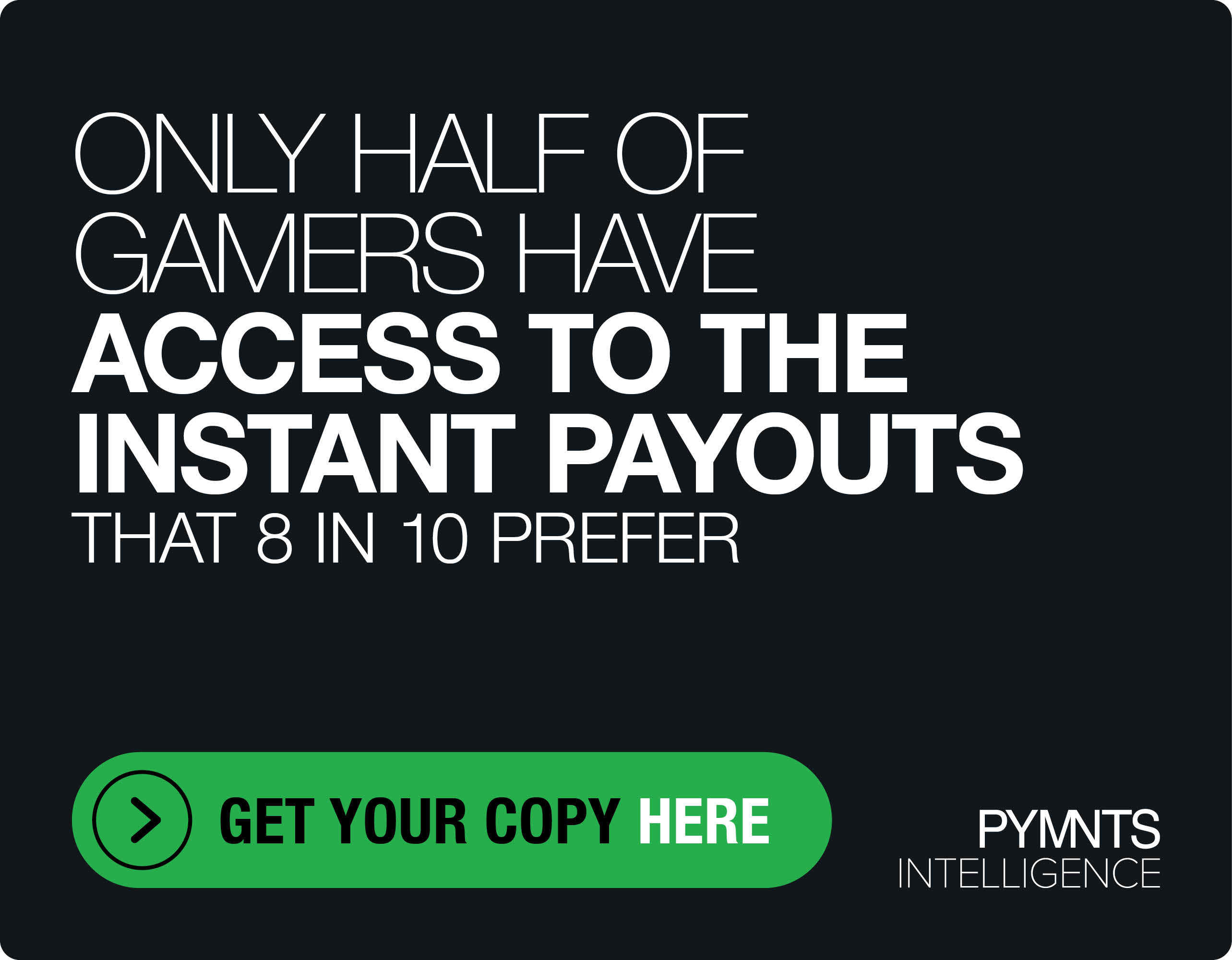Customer-Centricity Takes Critical Position For Digital Solutions In Emerging Markets

In developing new digital products for emerging markets, the human element matters. The “cut and paste” approach to digital financial services is changing – partly as a result of more sophisticated customer feedback mechanisms, and mostly because personalization is a pathway toward success.
In an interview with PYMNTS, Mariam Hussain Randhawa, head of consumer products at JazzCash, a leading digital financial services player, said that in the effort to broaden financial inclusion – especially in developing markets such as Pakistan – a customer-centric approach is a core consideration. With a nod toward DFS, by and large, she said of high-tech financial services, “our industry has not matured enough to understand the importance and value of creating user-centric services. There is a dire need to give UX and design a front-row seat in the whole process of product development.”
Bringing a user-friendly experience to customers in Pakistan ties in with a significant market opportunity. Randhawa said that only about 20 percent of Pakistan’s adult population has had formal access to some type of financial instrument. Commercial banks never went beyond handling a niche customer segment (and thus a small percentage) of the population, she added.
As a result, a vast majority of digital financial projects are strikingly similar and basic, Randhawa said. There is a huge opportunity at hand to gather insights from the users and work toward innovative solutions to address those needs. The product development process has traditionally been a “waterfall” approach, where project and development teams launch new offerings without much feedback from customers. They eventually gauge whether offerings are successful through post-launch user sentiments and adoption rates, which limits the possibilities to iterate and improve the experience before a full-scale launch.
A Human-Centric Approach
By way of contrast, JazzCash, (owned by VEON, a global telecommunications and digital services firm), has been following what Randhawa termed a design-thinking approach to product development. “At JazzCash, we have started to build the UX culture within the organization, where we use the design-thinking approach to keep the users at the very center of what we do. The process for the next-gen DFS products is very human. It starts with empathizing with users by mapping their pain points and gaining insights to define the problem at hand. Then, in collaboration with cross-functional teams, we bring out the best ideas and diverse solutions for the identified problem. We then design low-fidelity prototypes of the product and seek feedback from our users.”
After the eventual launch, she said, further usability testing is conducted to continuously improve and innovate. In a nutshell: “We empathize, we ideate, we develop prototypes, we test, we reiterate and then we move things into development – and that’s how we keep users at the heart of our products and services,” Randhawa explained. The results translate into small, incremental optimizations — which in turn bring higher uptake and a better customer experience.
The customer-centric approach can be seen in the work JazzCash did with its partner Payoneer, which operates a payments platform designed for independent entrepreneurs. Pakistan is the fourth-largest freelancing market in the world. The growth in this category has been driven by a lack of local job opportunities and a younger profile for the country’s workforce. While working with the startup ecosystem, JazzCash gained knowledge of the issues freelancers face in Pakistan when it comes to receiving payments, including the inability to open an account with a commercial bank, delays in payment processing, exchange rates that are not favorable and difficulty in claiming tax rebates from the government.
In order to resolve these issues, JazzCash extended its partnership with Payoneer to enable direct transfers into the customer’s JazzCash mobile account. It developed product prototypes and convened another series of focus groups to get freelancers’ feedback. With this feature, the customers were able to pull money directly from their Payoneer accounts and into their JazzCash mobile accounts in real time and at the best exchange rates. Freelancers could also register their Payoneer accounts from the JazzCash app, eliminating the need for a commercial bank account.
